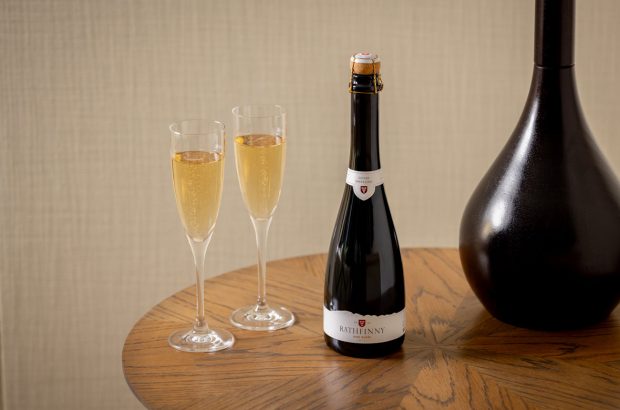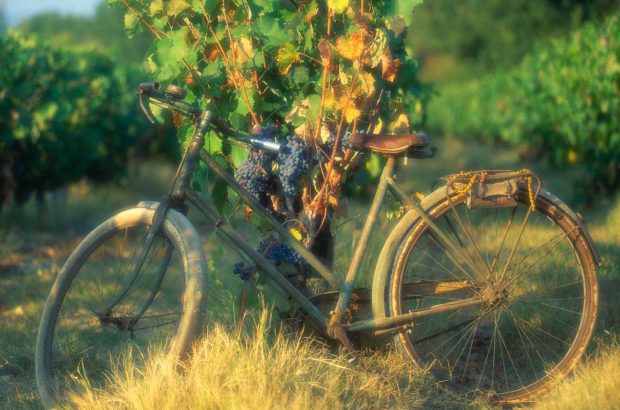Do higher alcohol levels in wines impact on cellaring potential and drinking windows? Winemaker Randy Ullon answers our reader's question.
High alcohol wines – ask Decanter
Arne Byberg, Oslo, asks: Do higher alcohol levels in wines impact on cellaring potential and drinking windows?
Randy Ullon, for Decanter, replies: As long as the wines are balances in tannins, fruit, acidity and alcohol, they should have the capacity to age. If any portion is out of balance, a wine’s ageing potential will be reduced The general upper limit of alcohol these days seems to be 15%, with the ‘norm’ about 14.25% to 14.75%. In addition to producing balanced wine, the vineyard source has a major influence on cellaring potential – regions with more sun and elevation will produce wines that can be cellared for many years. As an example, the powerful mountain fruit from California’s Mount Veeder certainly shows that a wine with this new ‘norm’ can last a lifetime.
Randy Ullon is the winemaker for Kendall-Jackson, Jackson Family Wines.
-
Video: How to store wine at home
-
Read more notes and queries every month in Decanter magazine. Subscribe to the latest issue here
-
Got a question for Decanter’s experts? Email us: editor@decanter.com
More questions answered:

Here’s what is causing your wine headache – ask Decanter
You had a really good time last night but feel rough this morning? What exactly causes headaches when drinking too

Where brett in wine comes from – ask Decanter
Does brettanomyces develop over time? David Bird MW gives his point of view to Decanter.

In search of lighter reds – ask Decanter
Not a big fan of big and heavy red wines. Julia Harding MW gives Decanter some advice on lighter red





